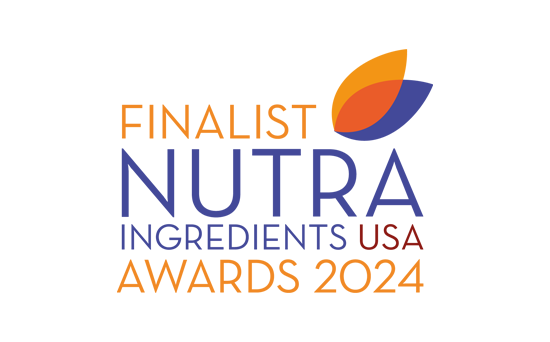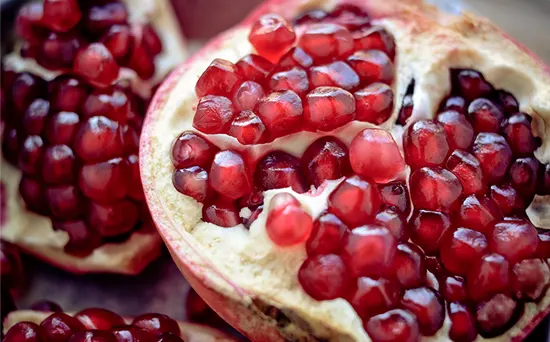What is Pomella® Pomegranate Extract?
Patented Pomella® pomegranate extract delivers an ellagitannin rich profile standardized to punicalagin and polyphenol content and gut-derived metabolites to hone in on an array of antioxidant related health benefits. The antioxidant benefits of Pomella’s powerful polyphenols help support tangible health applications and contribute to overall wellbeing.
Key Attributes:
Punica granatum extract
Global intellectual property & multiple patents
Standardized to punicalagins
150 – 300mg / day
Clinically researched for a multitude of tangible health applications
What is Pomella® Pomegranate Extract?
Patented Pomella® pomegranate extract delivers an ellagitannin rich profile standardized to punicalagin and polyphenol content and gut-derived metabolites to hone in on an array of antioxidant related health benefits. The antioxidant benefits of Pomella’s powerful polyphenols help support tangible health applications and contribute to overall wellbeing.
Key Attributes:
- Punica granatum extract
- 150 – 300mg / day
- Global intellectual property & multiple patents
- Clinically researched for a multitude of tangible health applications
- Standardized to punicalagins







